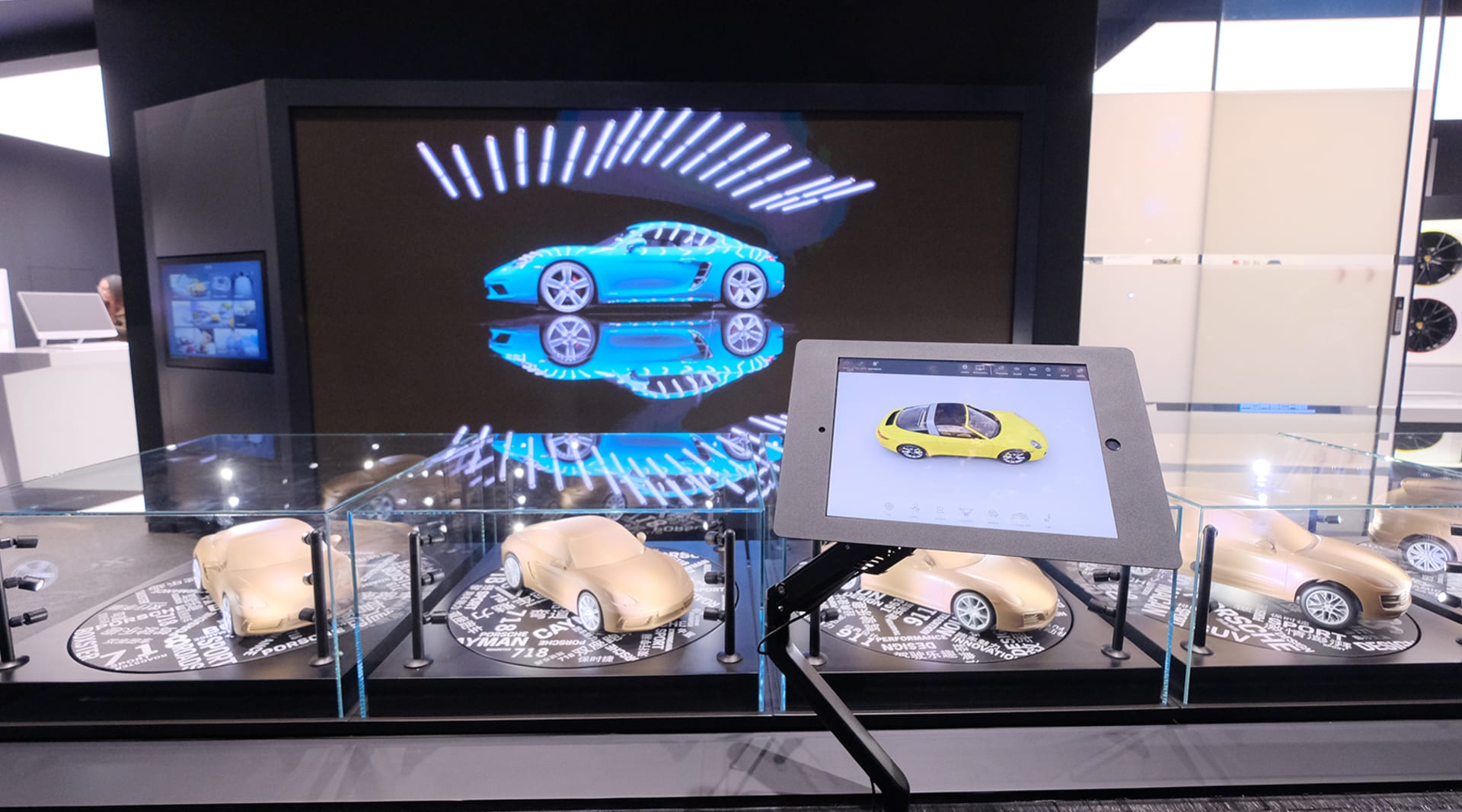Buying a luxury car online means sacrificing that luxurious scent of leather, the powerful sound of a V8 during a test drive, and other tactile experiences that can only take place in a dealership. Yet in China, the largest auto market in the world, consumers aged 18-24 are among the most likely to turn to e-commerce to purchase a vehicle, prompting dealerships across the country to transform into spaces that merge the digital world with the physical one.
As young Chinese are more likely to purchase cars online, the physical dealership is meeting them halfway with digital experiences

While the vast majority of those who buy a car online in China do so through group buying sites and auto-trading forums, Maserati was the first ultraluxury car company to test out e-commerce on China’s largest e-tailer, Alibaba’s Tmall. The 100 Levante SUVs it debuted exclusively on the site sold out in a mere 18 seconds. Two years later, and Maserati is now working with Alibaba to leverage its online data and artificial intelligence (AI) technology to provide customers with an improved experience in the company’s Beijing and Shanghai dealerships. Tmall has partnered with more than half of the luxury car brands in China, but Maserati is the first to launch a smart store offline.
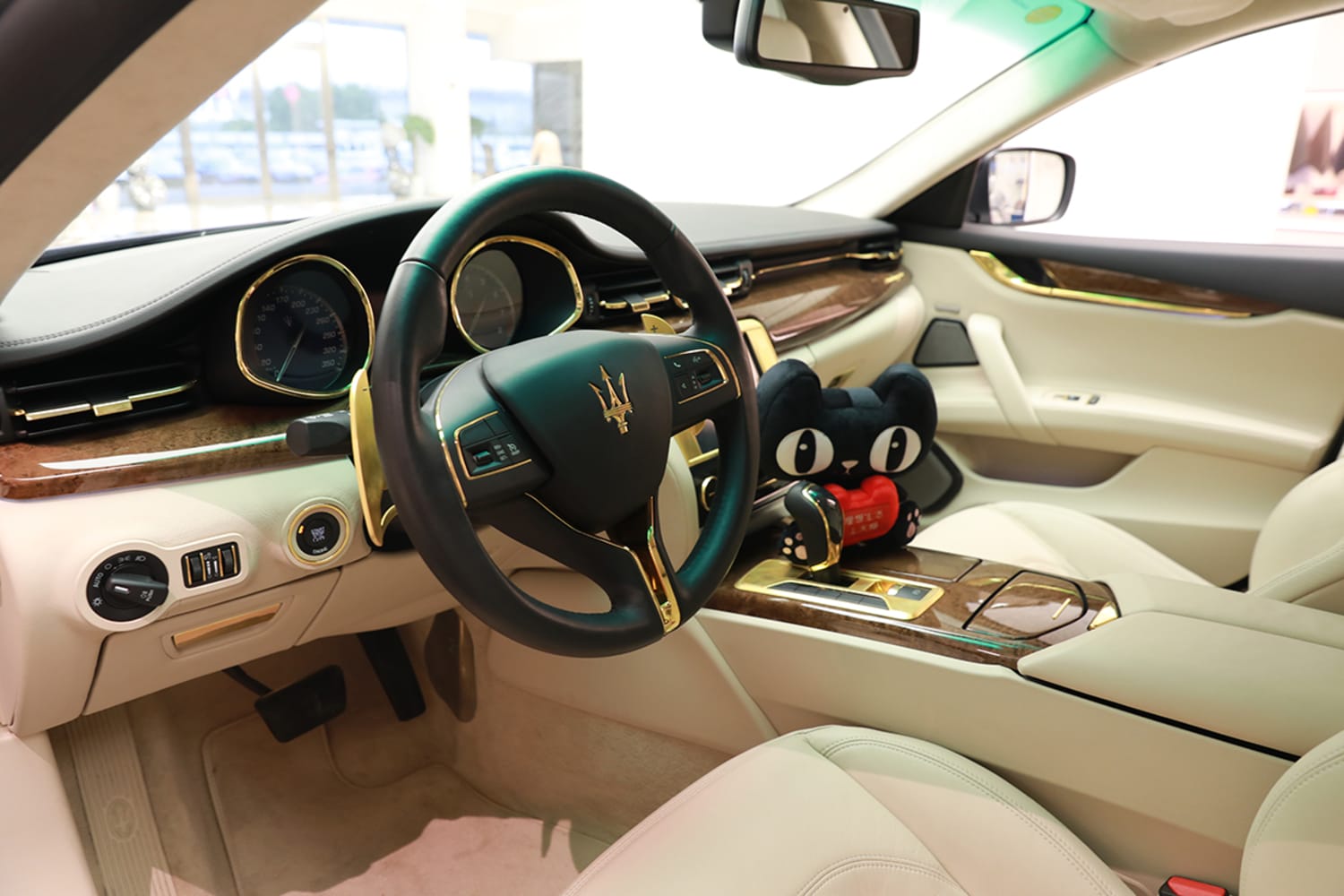
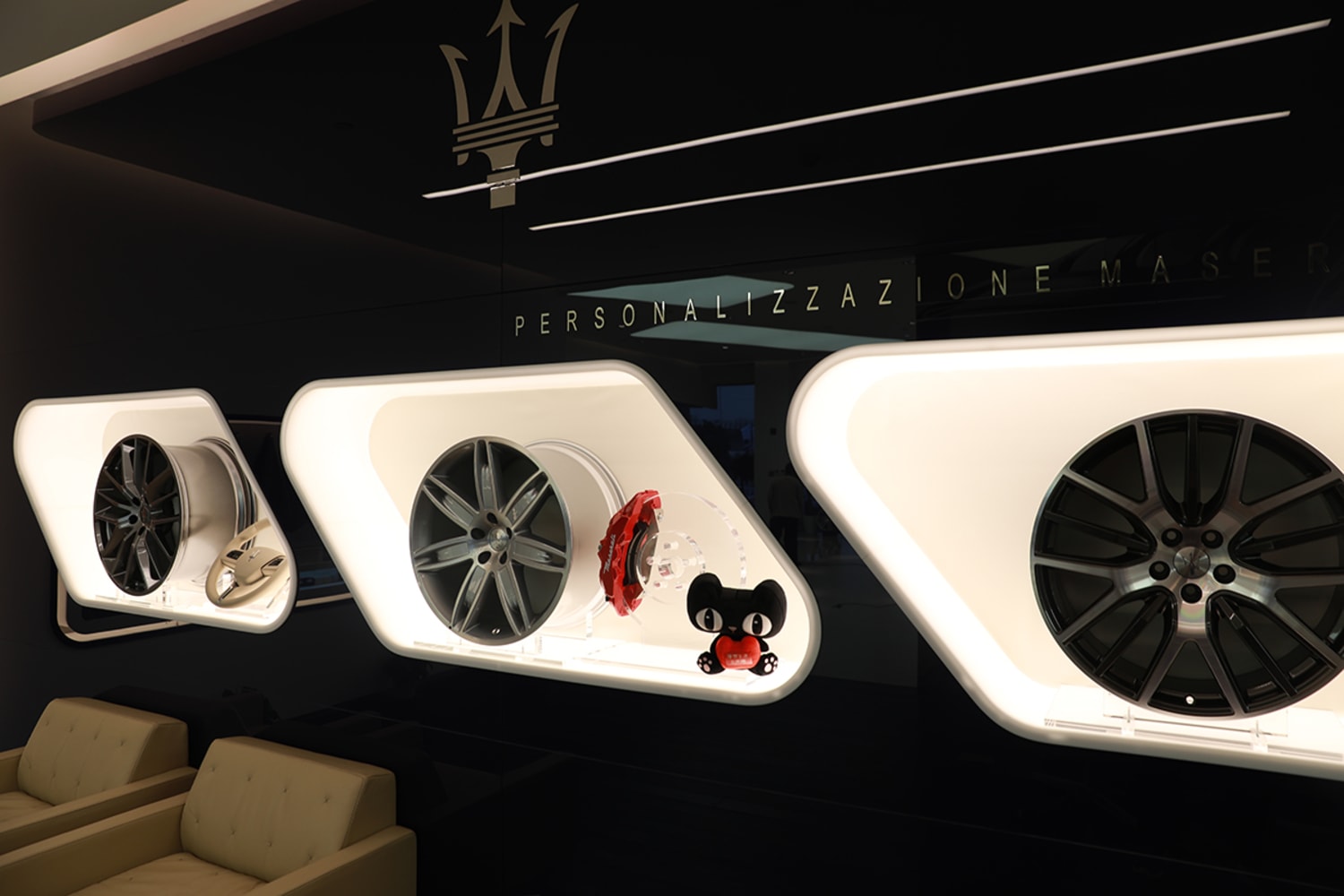
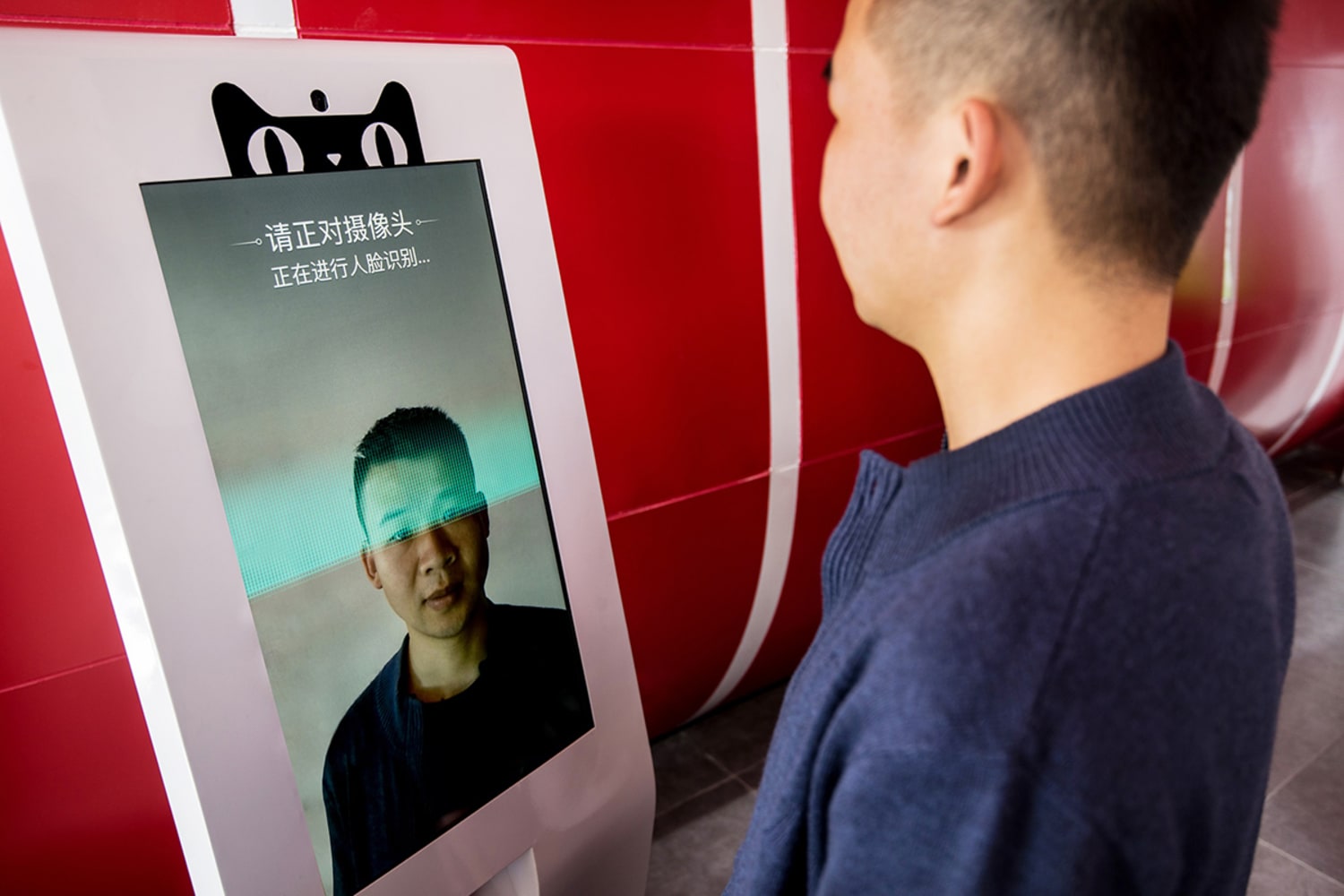
The dealerships better cater for their customers, both via social media marketing and in person. “We use online advertisements to spark interest, and the analytics gathered can be leveraged to provide even more precise marketing,” says Victor Wu, director of smart store operations at Tmall’s New Retail division. This information, as well as data gathered through online and offline loyalty programs, is also used to help salespeople to create tailored in-store experiences for customers, starting with an AI-powered receptionist that greets shoppers at the dealership. The receptionist uses facial recognition technology derived from a selfie that players of a racing game use as an avatar on Alibaba’s popular mobile Taobao shopping app.
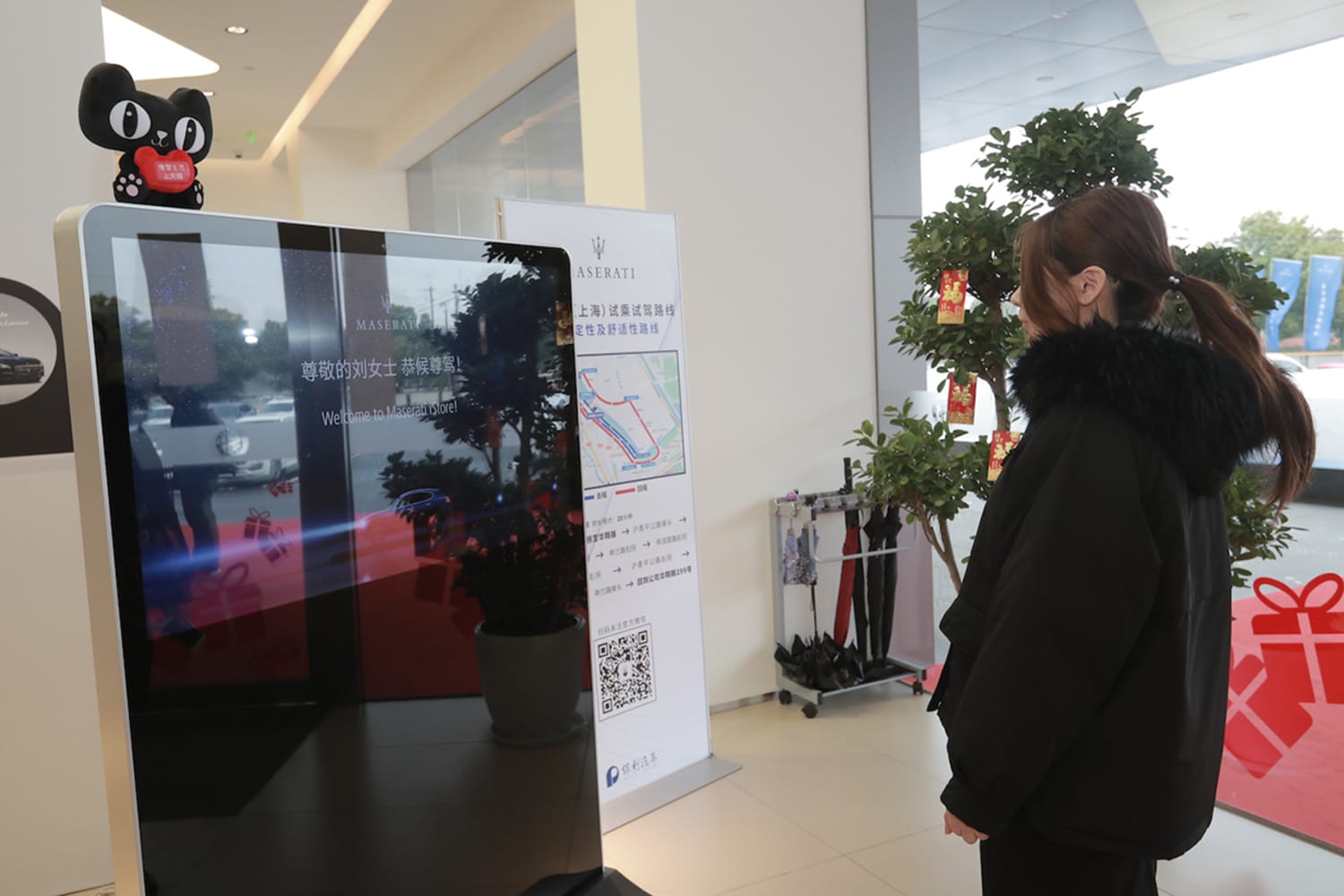
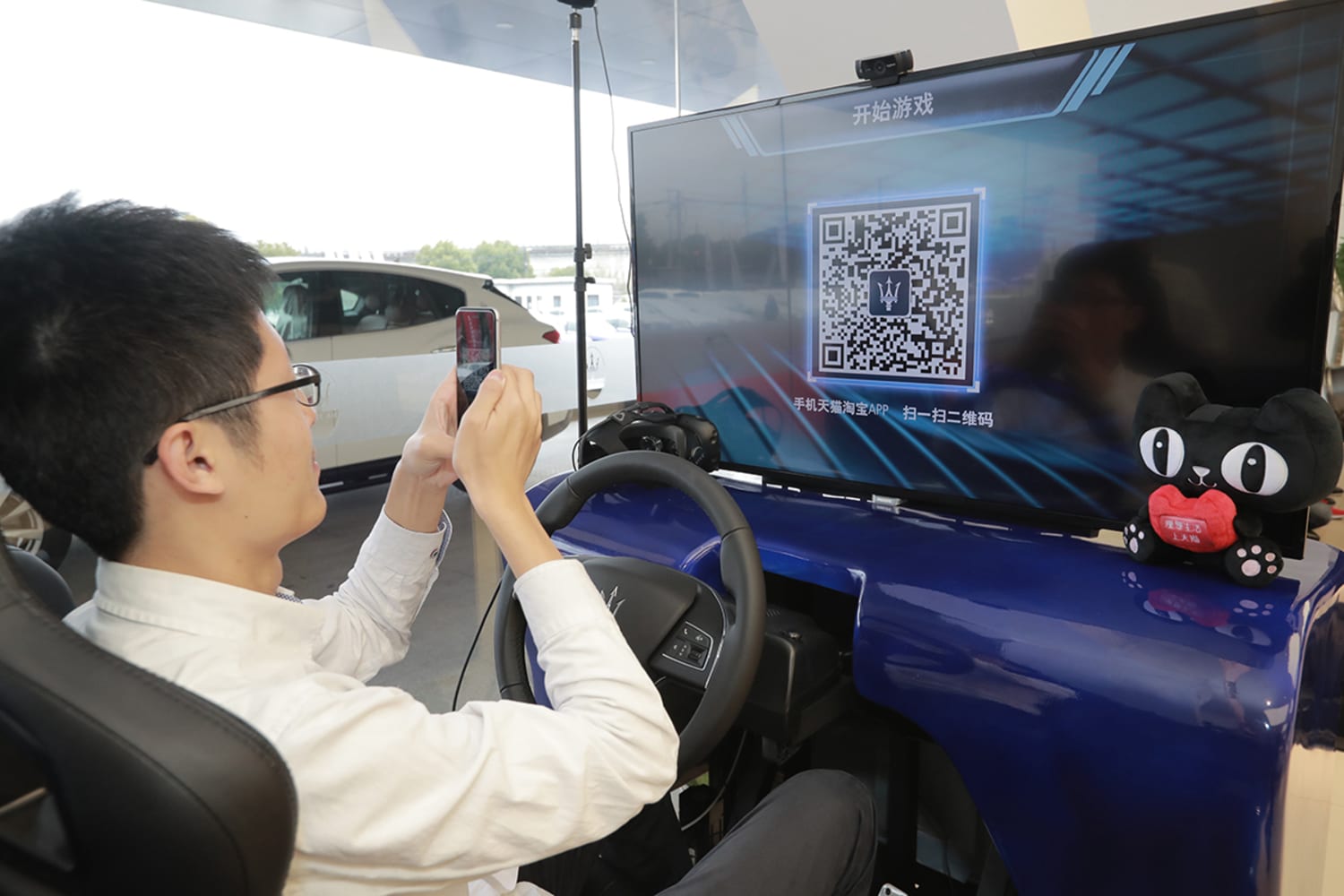
Alibaba has been forging the way in China for what it calls the New Retail model, which uses the strategies Wu mentions to create seamless experiences in the brick-and-mortar store and more efficient processes from a logistics standpoint. The phenomenon kicked off with automated supermarkets and is now beginning to transform the auto industry. The timing seems to be right—a 2017 McKinsey survey of more than 5,800 Chinese car buyers revealed car buyers are increasingly dissatisfied with the traditional dealership, with only 49% reporting a happy experience at one.
Aside from integrating offline and online channels, Alibaba has also been working to automate test driving in an effort to satisfy generation Z consumers’ demand for instant gratification. It officially launched an unmanned Ford vending machine in Guangzhou, China, last month that lets people access vehicles by simply taking a selfie within the Tmall app.
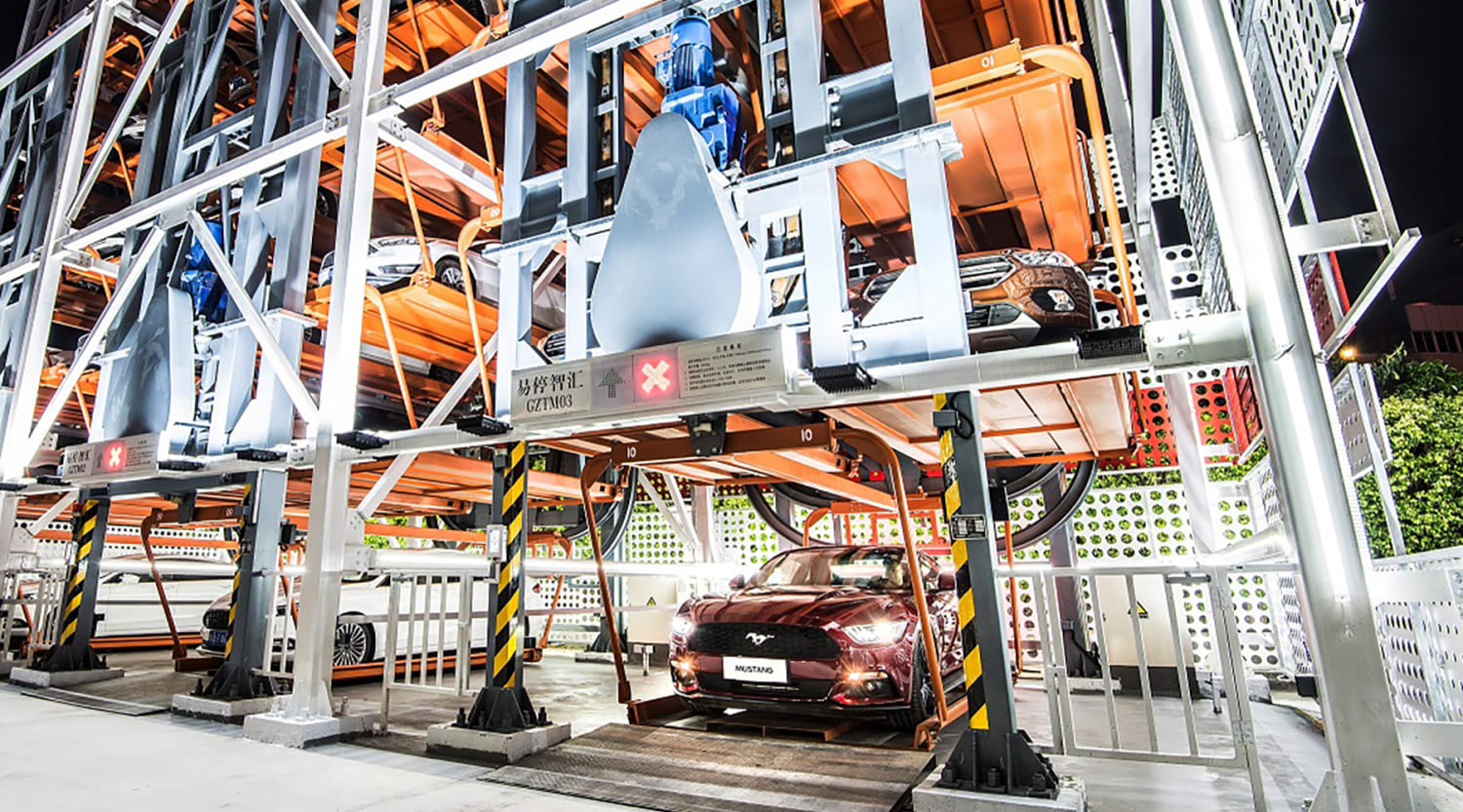
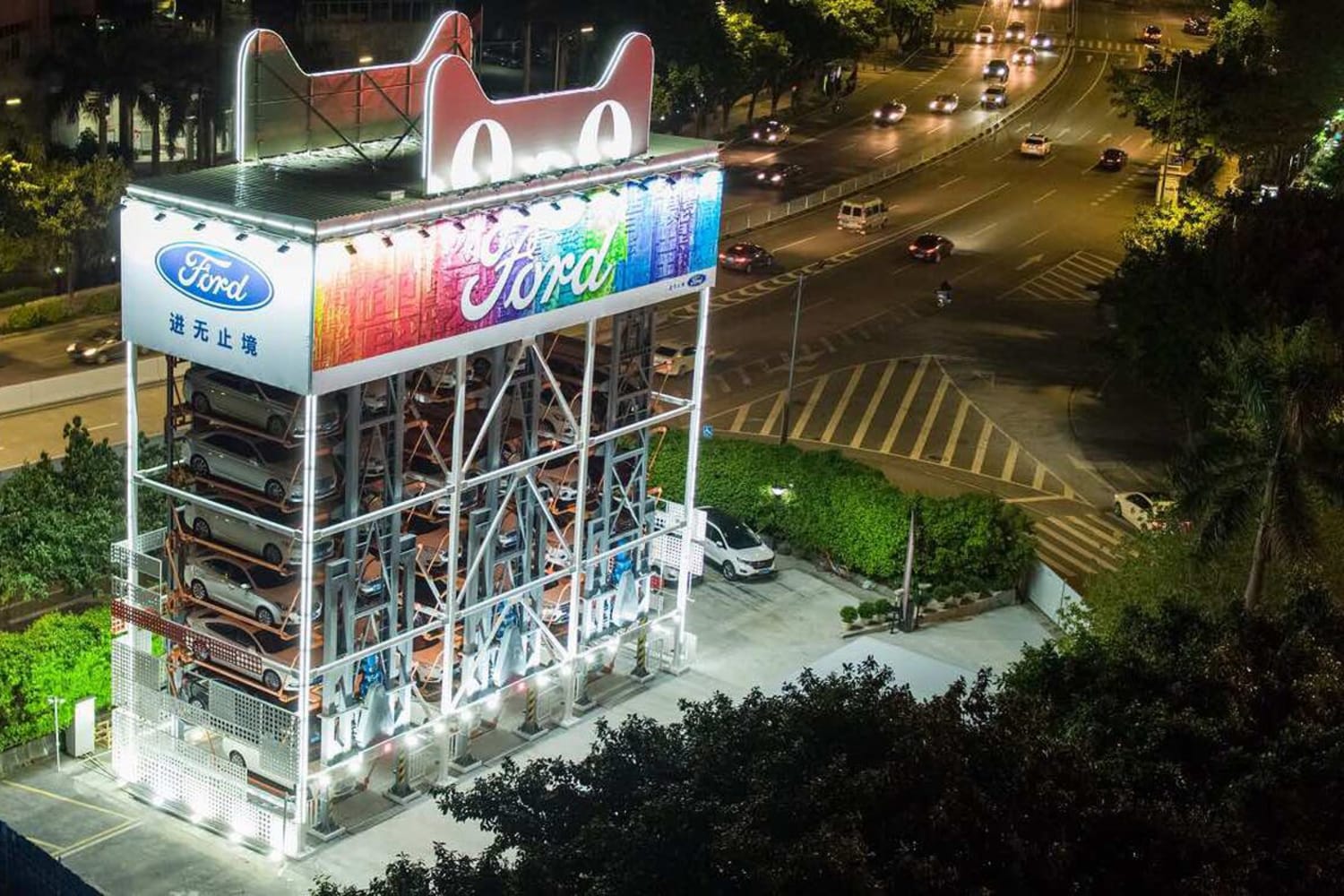
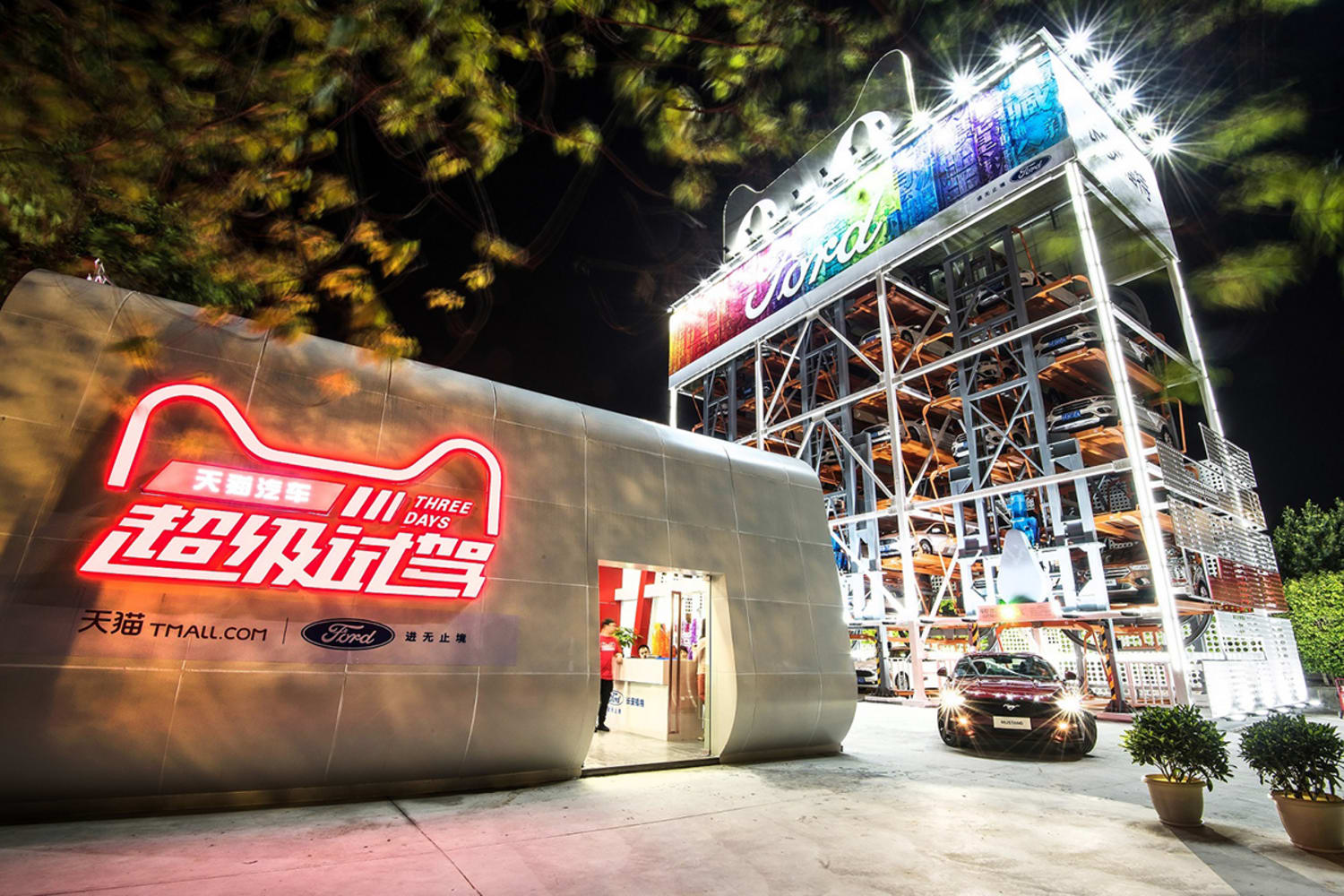
Even without a direct link to e-commerce, car companies have increasingly been using China as a testing ground for digital-first dealerships aimed at appealing to the connected customer. Under the leadership of Jebsen Motors, Porsche recently unveiled its first digitally optimized dealership in Guangzhou; the dealership boasts interactive displays, augmented reality and online-to-offline WeChat engagement. Mercedes-Benz is in its third year of wooing aspirational buyers through its Mercedes Me experience center, which mixes fashion, nightlife and retail in one space to build brand loyalty and awareness.
For more on auto trends visit our CES 2018: Key Trends coverage.
Please provide your contact information to continue.
Related Content

WARC Ranks VML #4 in the Effective 100 for 2025

